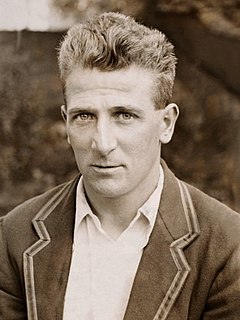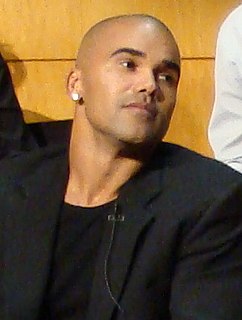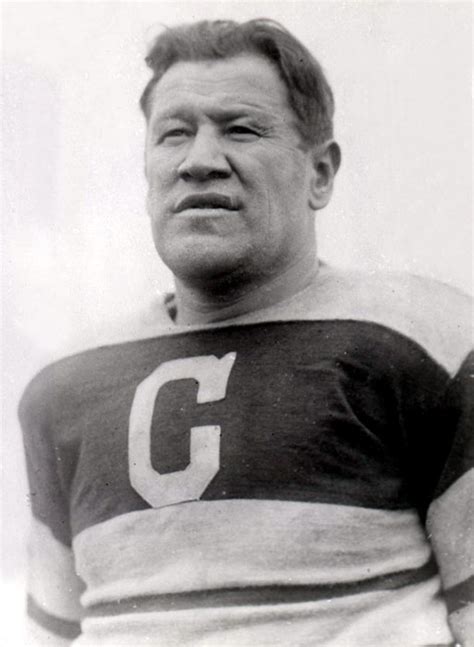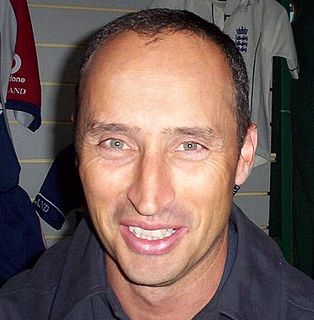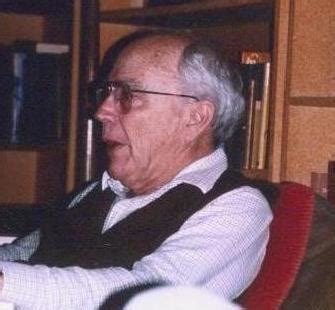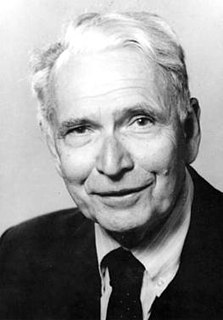A Quote by Gonzalo Rodriguez-Pereyra
I decided to do philosophy at university, with a view to becoming a professional philosopher. Being a rather unstable character, at some points I had doubts about becoming a professional philosopher, but the example of two of my teachers, Ezequiel de Olaso and Juan Rodriguez Larreta, made me confirm my original decision.
Related Quotes
I have always taken as the standard of the mode of teaching and writing, not the abstract, particular, professional philosopher, but universal man, that I have regarded man as the criterion of truth, and not this or that founder of a system, and have from the first placed the highest excellence of the philosopher in this, that he abstains, both as a man and as an author, from the ostentation of philosophy, i. e., that he is a philosopher only in reality, not formally, that he is a quiet philosopher, not a loud and still less a brawling one.
I was trained as a philosopher never to put philosophers and their ideas into historical contexts, since historical context has nothing to do with the validity of the philosopher's positions. I agree that assessing validity and contextualizing historically are two entirely distinct matters and not to be confused with one another. And yet that firm distinction doesn't lead me to endorse the usual way in which history of philosophy is presented.


